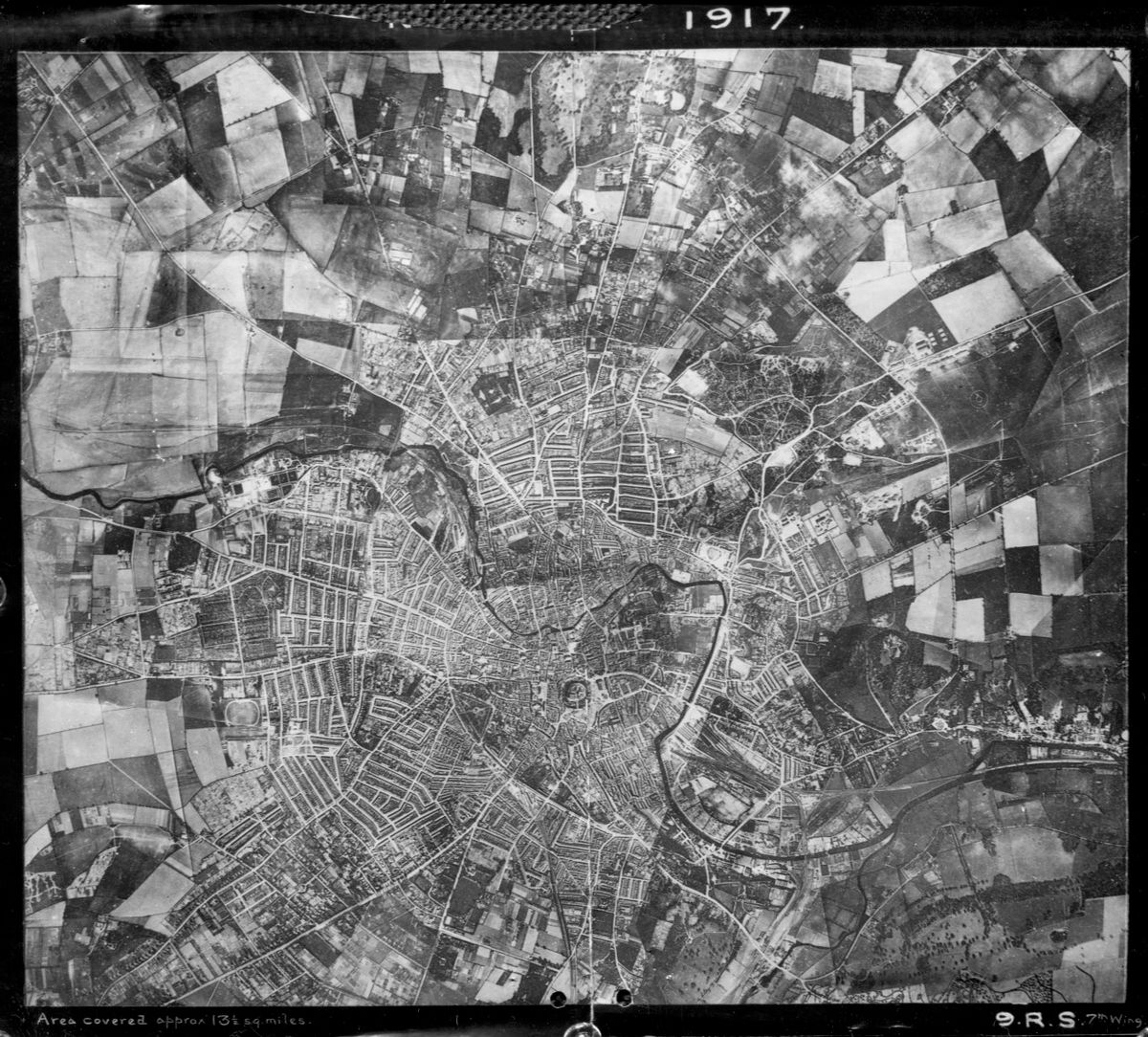Coming to Terms with a Measureless World

(This post concludes my look at the ideas of futurity: futurity is the time span over which a decision is effective. Another important concept is liminality, which is a stage of ambiguity and disorientation that precedes a new way of thinking. Note I use [.] as a place holder instead of 'manager', 'management', ‘leader’ or ‘leadership’. The idea is that by taking the word away we can see these people more clearly. I'm going to keep the blog simple and free of fiddle faddle. If you want to talk things through please hit me up on Twitter (@rl_rohan) or LinkedIn (Rohan Light).
The foundational idea to this series of posts is that the [.] must come to grips with the futurity of their decision making. If a decision takes four years to move through an organization, then we want to get a sense of its progression over that four year span. This suggests for many the idea that we have a dashboard somewhere that tracks this decision and all the other innovation decisions, which would be massive and unwieldy. Which no one wants.
The issue here is materiality. In an information age we can track anything we want and make our our brains explode in the process. What’s happening is a change in sense making. Dave Snowden gave us a great tool for thinking about, well, thinking. The Cynefin framework is about identifying the best way to approach a domain. In the mass-production era which we've just exited, work was relatively stable and predictable. It was possible to build a big dashboard with lots of blinking lights and have experts monitor the patterns with a reasonable expectation of being able to do something in time.
In terms of the Cynefin framework mass-production era business thinking existed in an environment where deterministic approaches worked because there were cause-and-effect relationships that were either self-evident or discoverable with a bit of effort. This was a world where categorization and analysis prevailed. Liminal-era business thinking doesn't have the luxury of indulging in determinism. This is a world of complex emergent phenomena and cause-and-effect is evident only in retrospect. The thing here is not to confuse the two. Because of our propensity to project causality, if we approach a liminal situation with deterministic thinking we’ll have a strong sense of coherency until we hit a wall at speed.
So what is the [.] to do when confronted with the need to establish control, that is impose their will, over the situation at hand? This idea of ‘control’ is very important to where I'm going with this blog. It follows that if the [.] is someone who sets out to take responsibility for something important, that they will want to establish control over its evolution. Of late it’s become fashionable to rant against control. There is something that we should rant against in this context, but it’s not control.
We want to establish control over our work but this does not mean we want others to establish control over us. We are happy for the pilot to have control over the aeroplane but are unhappy if he tells us what to eat and what movies to watch. Control is about establishing a principle of economy over what we do. We do not want to sit in front of a screen all day to watch a blinking light and neither do we want to never check in with the blinking light. There is a balance to be had with controls and this is a balance I rarely see in effect.
Because these are liminal times, people don’t know what works well any more and we often respond by seeking to increase our social authority over a situation. This is the basis of people shaking their fists at hierarchy and ‘control’. Thinking it through, it’s an entirely natural response by senior figures in an organization to clamp down on things when events get out of ‘control’. What control means here is whether or not we can maintain something within a reasonable degree of variation with as little effort as possible.
I'm going to go into controls later, but for now I'm talking about futurity. Because we need to be cognizant of the material effects of our decisions over the time span for which the decision is effective, we need to have some form of control in place. And if our decision will take four years to work through the system, it’s unacceptable to have a control in place that only tells us about the decisions progress for the first year.
This means that the time dimension of the control has to match the time span of the event we’re measuring. Much if not most of the existing controls we have in place in organizations will not do this. Testing the time effectiveness of controls should be one of the first things we do when we start working on a new project. The scary thing that can fall out the back of this is not having any valid controls left. Welcome to the liminal business world.
The issue here is one of measurement inversion. We measure what we know and recognise. But in a liminal world this will just get us in trouble. The thing is that many people prefer the measures they know rather than live in a measureless world. This is partly about the ‘better the devil you know’ as it is wilful defiance of recognising the world has changed faster than we have. This is another reason why I believe the word ‘manager’ doesn't describe the profession of people who are choosing to embrace a measureless world… and to take responsibility for doing something about it.
One thing I'm excited about is the maturing of the analytics profession and how these professionals can help us construct a new set of measures. These measures will take us away from determinism and towards a place where we have a chance of getting our heads around complex emergent phenomena. One thing I'm less than excited about is the hype around ‘real time’ measurement. I think I'm in a minority on this one and am always open to updating my views on this but I don’t think there are that many business events that need real time controls.
It’s like a lot of things in our modern empowered world: just because we can doesn't mean we should. It comes down to the information value for decision making. A decision is proven by taking action and in a liminal world we’re unlikely to be able to fully configure the information environment. If a particular control isn't relevant to the futurity of a decision, what does it matter if it’s delivered in real time? Because successful entrepreneurial action upsets the probabilities, we see significant discontinuities introduced into our telemetry. There will be situations when tracking material measures in real time will improve our decision making in terms of futurity. But we’ll have to think things through carefully to get there.
When thinking something through in terms of futurity, it will become apparent that some moments on the future timeline will be a lot more important than others. This is where we will have to identify, at least roughly, what we need in place in order to obtain the results we need at that future point in time. Once we've shaped up this ‘temporal topography’ as it were, then we need to identify what sort of information controls we need in place at that time to be able to recognise where things are against where we want them to be and act accordingly.
If these last few paragraphs are stretching things for you, it’s because our brains find it hard to think in terms of future time. It’s easy to confound ourselves by maintaining a simultaneous awareness of when we are now and when we need to be in order to achieve our aims. Thinking probabilistically is also hard and yet we have to combine them both to have a chance of being genuinely impactful when we need to be. Because we have a habit of substituting a problem we can solve for one we don’t want to, we tend to approach problems of futurity with deterministic tools. This again is a hallmark of the [.]: they refuse to take the easy path.
Because of the cognitive distress involved in thinking temporally and probabilistically, we need to lighten the load elsewhere. And changing our relationship with information is part of this. We don’t need real time controls as much as we need to be able to just stay in touch in between the critical portions of the timeline. Tracking where we've been is helpful in terms of where we wanted to be at each point in the past. But information is about facts and facts only occur in the past.
They don’t help us with the big developments that are coming, which will be outside the information system because they haven’t happened yet. And if we’re being successful and upsetting the probabilities, then our main challenge is recognising significant developments for what they are.


